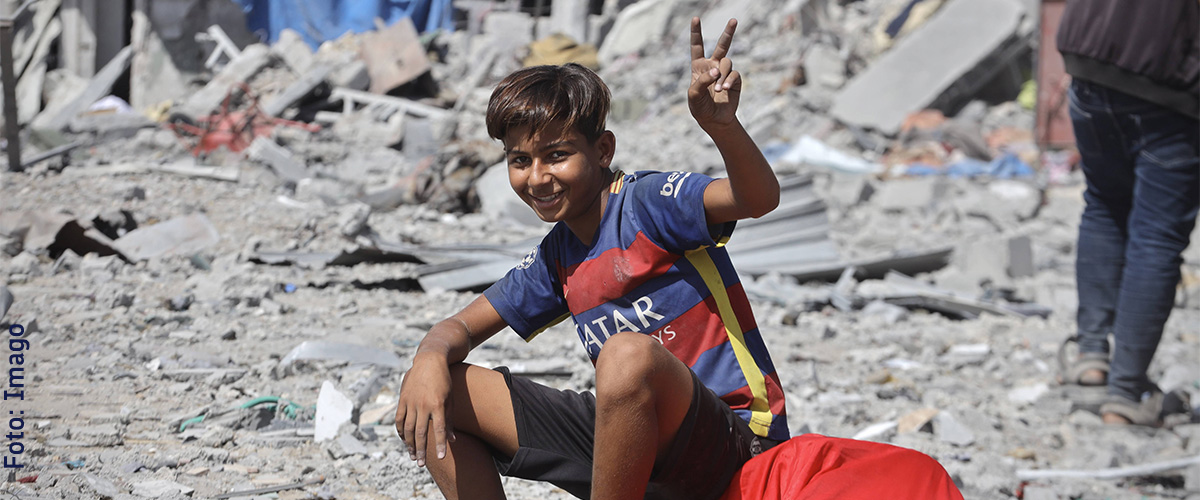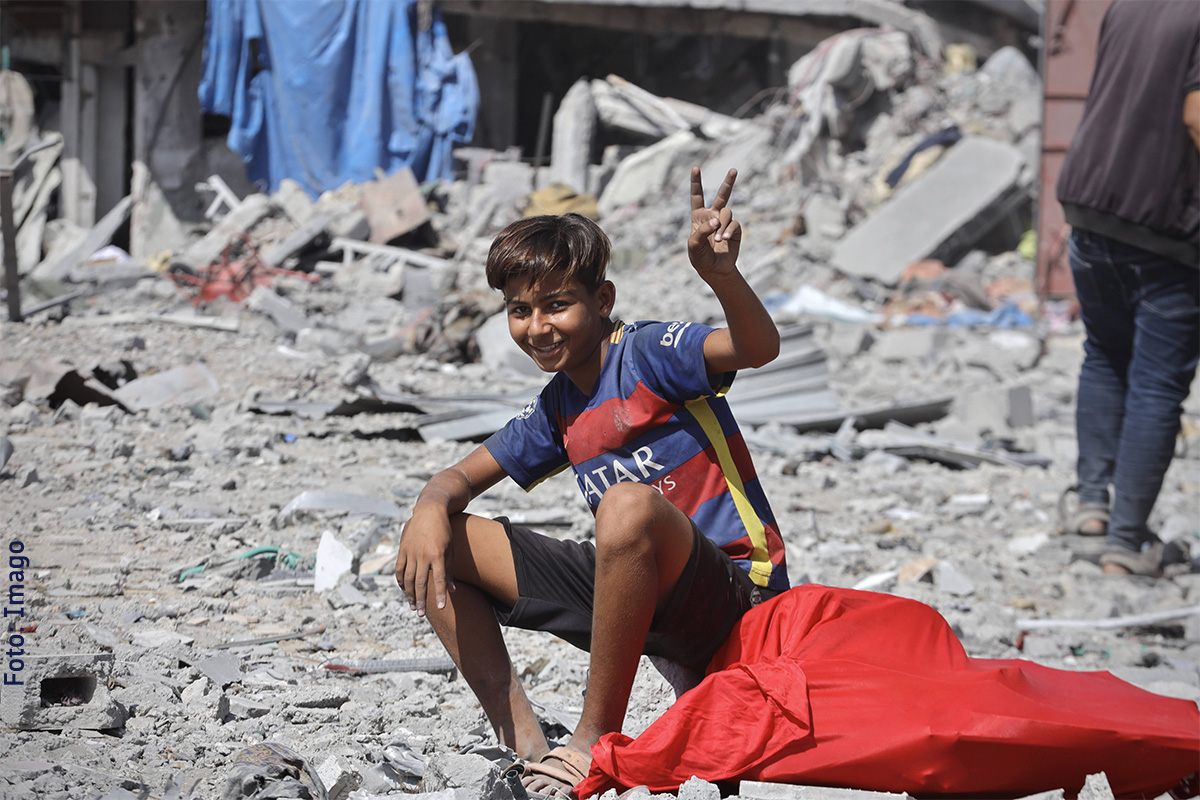We Have a Cease-Fire — Now the Middle East Needs Leadership

No one in Gaza is under the illusion that peace is fully here. The cease-fire agreement announced on Wednesday in Sharm el Sheikh, Egypt, represents the first phase of a U.S.-brokered plan: Hostilities are to pause, the Israeli military will pull back to agreed-on positions and Hamas is to release all hostages in exchange for Palestinian prisoners. Humanitarian access is expected to increase, and more detailed arrangements for reconstruction, governance and security will be negotiated in subsequent phases. While these steps are significant, the hard work now begins — turning promises into realities, and ensuring that rebuilding does not stop at concrete and steel but extends to trust and coexistence.
In Gaza, mornings used to begin with the sound of drones. Thursday morning began with a fragile sense of hope, but also uncertainty. The war seems to have stopped. For the first time in two years, people can lift their heads and ask: What comes next?
The streets of Gaza are not simply scarred; most are in ruins, with entire neighborhoods turned into heaps of debris. According to Gaza’s Health Ministry, over 67,000 Palestinians have been killed and more than 169,000 have been wounded in the past two years. Uncounted bodies lie under rubble and nearly all of Gaza’s population has been displaced. The grief is still raw and overwhelming. And yet amid this devastation a narrow window has opened that allows life, challenging though it is, to begin again.
That window was opened, in large part, by President Trump. His intervention, forceful and unconventional, brought the parties to a cease-fire agreement that many had thought impossible. In a region exhausted by endless conflict, that act alone deserves recognition.
I say this as a Palestinian who has lived through the worst days of this war from Jerusalem, watching the suffering of my people in Gaza with anguish and helplessness. Two million human beings trapped between despair and survival have long needed a leader, any leader, who could break the cycle of vengeance. Mr. Trump did that. He may have divided opinion around the world for his other actions, but in this moment in the Middle East he united many here into believing in the possibility of life over death.
For decades, diplomacy has promised peace to our region and failed to deliver. From Oslo to Annapolis, Md., from Camp David to countless back-channel talks, each effort raised hopes only to leave deeper disillusionment. Agreements were signed, photos taken, prizes awarded — yet on the ground little changed for Palestinians or Israelis who yearned for normal lives. That is why many of us approach this moment with cautious realism. We have seen too many handshakes that led nowhere, too many chances squandered. Even so, we cannot afford to stop believing that one of these deals might finally endure.
Peace, if it is to mean anything, must be built from the ground up. It is not written in a treaty; it is written in the rebuilding of homes, in children returning to school, in fishermen allowed back to the sea. It depends on Palestinians and Israelis choosing coexistence over fear. Peace cannot take root amid hunger and humiliation. In Gaza, tens of thousands still face starvation and disease. Basic aid — food, medicine, clean water and shelter — must flow freely and immediately. The cease-fire will mean little if people continue to die from deprivation.
The cease-fire will not hold by itself. Israeli and Palestinian leaders must show restraint and vision. For this peace to last, every side must act with courage and responsibility. Israel’s government must halt all settlement expansion and stop the seizure of Palestinian land in the West Bank. Security can no longer be pursued through domination. President Mahmoud Abbas of the Palestinian Authority must end political divides among Palestinians in Gaza and the West Bank and agree on a path toward national elections. Our people need leadership chosen at the ballot box, accountable to its citizens and committed to rebuilding, not to ruling by fear. Mr. Trump must remain engaged, ensuring that the terms of the agreement reached on Wednesday are fully implemented — from humanitarian relief to reconstruction and political renewal. The success of this peace depends not only on stopping the guns but also on restoring legitimacy and hope to both peoples.
The international community must invest not only in reconstruction but also in reconciliation — in education, dialogue and joint initiatives that rebuild trust after years of hatred. And we, the Palestinian people, must refuse to surrender again to extremism or despair. That means rejecting the politics of revenge, insisting on unity through elections and building a culture of accountability. Peace will not come from slogans or foreign aid alone; it will come from the hard daily work of rebuilding our society on the principles of dignity, democracy and mutual respect.
For these reasons, I extend an invitation to Mr. Trump: Come to Gaza. Walk among those who are about to rebuild. See how fragile this moment is and how powerful it could become. Your visit would not be a victory lap; it would be a reminder that leadership does not end when the guns fall silent. It begins when the rebuilding starts.
Mr. Sinijlawi is a political activist and a Palestinian political commentator from East Jerusalem. This article first appeared in the New York Times on 9 October 2025.
Hat Ihnen unser Beitrag gefallen? Dann spenden Sie doch einfach und bequem über unser Spendentool. Sie unterstützen damit die publizistische Arbeit von LibMod.
Wir sind als gemeinnützig anerkannt, entsprechend sind Spenden steuerlich absetzbar. Für eine Spendenbescheinigung (nötig bei einem Betrag über 200 EUR), senden Sie Ihre Adressdaten bitte an finanzen@libmod.de
Verwandte Themen
Newsletter bestellen
Mit dem LibMod-Newsletter erhalten Sie regelmäßig Neuigkeiten zu unseren Themen in Ihr Postfach.




